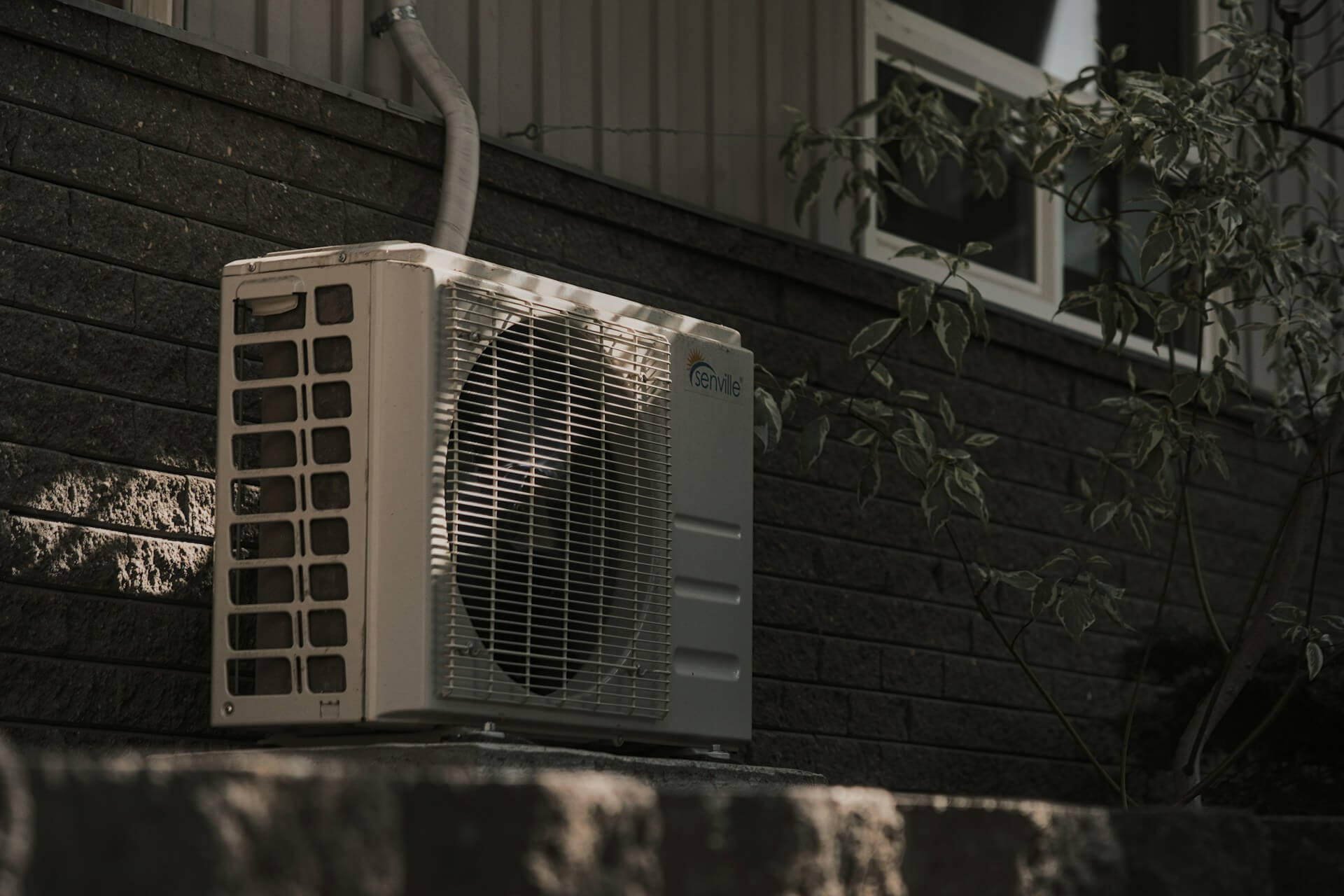Maintaining Your AC Units Professionally:
The Ultimate Guide
A well-functioning air conditioning (AC) unit is essential for comfort in both residential and commercial spaces. Regular maintenance not only ensures optimal performance but also extends the lifespan of your system, saving you money in the long run. This guide aims to provide you with comprehensive insights into the importance of professional AC maintenance, detailing the steps you can take to keep your units in top shape. From understanding common issues to tips on selecting the right service provider, this ultimate guide will equip you with the knowledge needed to maintain your AC units efficiently and effectively.

Understanding the Components of Your AC Unit
Air conditioning units consist of several key components that work together to create a cool and comfortable environment. These include the compressor, condenser, evaporator coil, and air handler. Understanding how each part functions helps in recognizing signs of wear or malfunction. The compressor is the heart of the system, pressurizing refrigerant and circulating it through the coils. The condenser releases heat outside, while the evaporator coil absorbs heat from the indoor air, leaving it cooler.
Neglecting any of these components can lead to a decline in efficiency and increased energy costs. For instance, a dirty evaporator coil can impede heat absorption, causing the unit to work harder and consume more energy. Regular inspections can help ensure that each component is functioning correctly, preventing potentially costly repairs down the line. By staying informed about your AC unit's makeup, you can make better maintenance choices. No matter if you need air conditioning repair in Dallas or routine maintenance somewhere else, you'll be able to communicate effectively with your service provider and understand their recommendations. It also allows you to spot red flags and seek professional assistance promptly.
Common Issues with AC Units
Several common issues can affect the performance of AC units, and identifying them early can save time and money. One prevalent problem is refrigerant leaks, which can cause insufficient cooling and place additional strain on the system. It's crucial to monitor refrigerant levels and schedule professional servicing if any signs of a leak are detected. Regular checks can help maintain a balanced system, ensuring optimal performance.
Another frequent issue is a clogged air filter. Air filters trap dust, pollen, and other particulate matter, and if not changed regularly, they can become clogged, restricting airflow. This can lead to reduced efficiency and increased wear on the system. Homeowners should establish a routine for checking and replacing filters to maintain clean airflow and prolong the life of their AC unit.
The Importance of Regular Maintenance
Regular maintenance is vital for keeping an AC unit running smoothly. Scheduled tune-ups by professionals can identify potential issues before they escalate into major problems. These visits typically include cleaning essential components, checking refrigerant levels, and inspecting electrical systems. Preventative maintenance not only enhances efficiency but also promotes energy savings, as a well-maintained system operates more effectively.
Regular maintenance can improve indoor air quality. Clean components, particularly the air filter, help reduce allergens and pollutants circulating in the air. Homeowners who prioritize maintenance can enjoy fresher air and a healthier living environment, reducing the risk of respiratory issues and allergies caused by poor indoor air quality.
Choosing the Right Service Provider
Selecting the right HVAC service provider is crucial for effective AC maintenance and repair. Look for companies that are licensed, insured, and have a solid reputation in the community. Online reviews and recommendations from friends or family can provide valuable insights into the reliability and quality of service offered. A reputable provider will offer transparent pricing and a thorough explanation of their maintenance procedures.
Engaging with the service provider during initial consultations is essential. Ask about their experience, the maintenance plans they provide, and how they handle emergency repairs. Establishing a good working relationship can ensure that you receive prompt service and expert advice when needed, paving the way for a long-term partnership in maintaining your AC units.
DIY Maintenance Tips for Homeowners
Homeowners can take several DIY steps to promote the longevity and efficiency of their AC units. Regularly checking and replacing air filters is one of the simplest and most effective maintenance tasks. It's recommended to do so at least every 1-3 months, depending on usage and filter type. Keeping outdoor units clear of debris, such as leaves and dirt, can also improve airflow and efficiency.
Another helpful tip is to ensure that vents and registers inside the home are not obstructed by furniture or other items. Maintaining a clear path for airflow allows the AC to distribute air more evenly, enhancing comfort levels. Additionally, homeowners should consider scheduling a professional inspection before the summer season to address any concerns proactively and ensure the unit is prepared for peak usage.
Signs Your AC Unit Needs Professional Attention
Recognizing the signs that your AC unit requires professional attention can prevent minor issues from becoming major headaches. One common signal is unusual noises, such as grinding, squeaking, or hissing, indicating potential mechanical issues or refrigerant leaks. Homeowners should pay attention to these sounds and seek professional diagnostics if they occur.
Another concern is fluctuating temperatures within the home. If certain rooms are significantly warmer or cooler than others, it may indicate problems with the ductwork or the unit itself. Addressing these temperature discrepancies swiftly can help maintain a comfortable environment and reduce overall energy consumption. Regularly monitoring your system and noticing these signs can significantly enhance the lifespan and efficacy of your AC unit.

Maintaining your AC units professionally is crucial for ensuring optimum performance and a comfortable living environment. By understanding the components of your unit, recognizing common issues, and selecting the right service provider, you can prolong the lifespan of your system and save on energy costs. Homeowners should also take proactive DIY measures and be aware of signs that indicate their AC unit needs professional attention. With these tips in mind, you can keep your air conditioning running smoothly and enjoy a cool and comfortable home or workspace all year round.